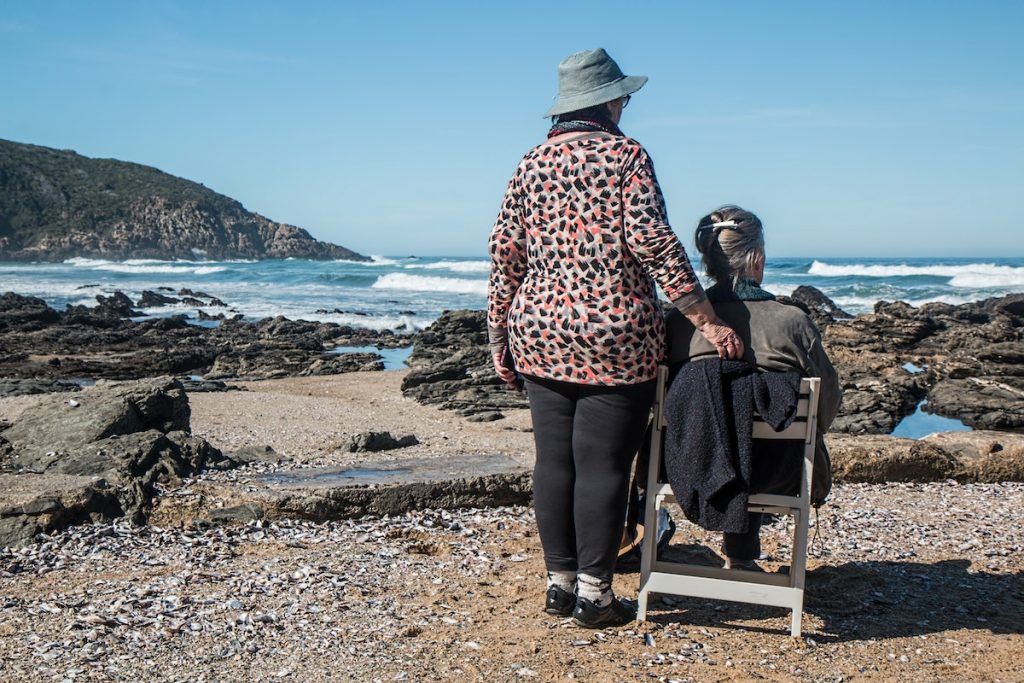- Elderly individuals may be subjected to physical, emotional, financial, sexual, and neglect abuse.
- It’s essential to be aware of any unexplained bruises or changes in an elderly individual’s mood or behavior that could indicate abuse.
- To help prevent elder abuse, educate yourself on the different types and how to spot them.
- If abuse is suspected, it’s essential to report it immediately to the authorities and gather evidence.
- Provide emotional and physical support to the victim, seek legal assistance if necessary, and join a support group to help them cope.
As people age, they expect their golden years to be filled with tranquility and peace. However, for many seniors, it’s not the case. They’re often subjected to various forms of abuse, which they’re too ashamed or scared to report. It’s a heartbreaking reality but a critical issue to discuss. This blog post will explore the different types of abuse that seniors frequently endure and how to prevent it from happening.
Physical Abuse
Physical abuse involves the use of force that results in bodily harm. This type of abuse can take different forms, including hitting, pushing, shoving, and denying essential services such as food and medication. It’s critical to be aware of any unexplained bruises or injuries, especially if it happens frequently, which may indicate physical abuse. If you suspect physical abuse, report it immediately and seek professional medical help to document the injuries.
Emotional Abuse
Elderly individuals may be subjected to this subtle form of abuse, including threats, insults, isolation, and neglect. Emotional abuse can be challenging to detect but can be as damaging as physical abuse, often leading to depression, anxiety, and other mental health issues. If you observe changes in an elderly individual’s mood or behavior, including a loss of appetite or interest in life, it could be due to emotional abuse.
Financial Abuse

Older adults are vulnerable to exploitation, leaving them open to fraud, scams, and theft. Elder financial abuse can occur in many forms, from someone misusing an elder’s banking information or coercing them into signing documents they don’t understand to taking advantage of cognitive impairments to access their private information. If you have concerns that a senior may be experiencing financial abuse, regularly check their accounts for suspicious activity and have a plan to help them report it.
Sexual Abuse
Sexual abuse is yet another form of abuse that seniors often endure. Sexual abuse can take different forms, such as unwanted touching, assault, and rape. Older adults with cognitive impairments and physical disabilities may be even more vulnerable as they may not fully comprehend what’s happening or have the ability to defend themselves. If you suspect any sexual abuse, you must report it immediately to the authorities.
Neglect
Neglect is when an elderly individual’s basic needs, such as food, medication, hygiene, and medical assistance, are not met. This can be intentional or unintentional but can result in severe harm or even death. Negligence may be challenging to identify but can be prevented by ensuring seniors access to adequate food, shelter, and quality medical care.
How to Help

You have the power to help prevent elder abuse. Educating yourself about the different types of abuse and how to spot it can be a powerful tool. Here are some ways to help:
Report It to the Authorities
The first step to take if you suspect a senior is getting abused is to report it to the authorities. Elder abuse is a crime, and every community’s responsible for protecting older adults from harm. Call the police, adult protective services, or the national elder abuse hotline to report the incident.
Gather Evidence
Gathering evidence is crucial as it can help determine the type of abuse the senior is experiencing. If you suspect an old is getting financially abused, collect receipts, bank statements, bills, and other financial documents that could support your claim.
Provide Support and Encouragement
Abuse can significantly affect an older adult’s confidence, self-esteem, dignity, and trust in others. As such, providing emotional and physical support to the victim is important. Encouraging the senior to speak up, seek medical attention if necessary, and join a support group can go a long way in helping them cope with what happened.
Seek Legal Assistance
If the abuse is severe and the senior’s safety is at risk, seeking legal assistance could be your best bet. A lawyer with experience in elder abuse cases can help guide you through the legal process and build a robust case against the abuser.
The Bottom Line
It’s saddening to know that the vulnerable elderly population frequently endures different forms of abuse. It’s crucial to raise awareness of this issue and take preventive measures to help seniors live safely and comfortably. Whether physical, emotional, financial, sexual, or neglect, abuse and exploitation have no place in the lives of our older adults. Be vigilant and fight for their protection.

